Award ceremony
On 27 November 2023, at the iCapital Award ceremony in Marseille, the European Commission announced the winners of the ninth edition of the European Capital of Innovation Awards (iCapital). Supported by the European Innovation Council under Horizon Europe, the prize recognises the role cities play in shaping the local innovation ecosystem and promoting game-changing innovation. Read more about the winners of the two award categories and the jury members.
Winner: Lisbon (Portugal)

Lisbon’s tech scene has met unprecedented growth in the past two years. Home to one of the most dynamic ecosystems in Europe, the City is now branded the “Unicorn Capital” and has been attracting entrepreneurs from around the world. The City is putting in place a new strategy to develop large scale companies and connect technology with culture, sustainability, and citizen engagement.
Find out more about Lisbon’s winning application. Full document is available here.
2nd place: Warsaw (Poland)

An innovative approach is the key to creating a good place to live for all. Building such a place is what Warsaw cares about. There are three highlights in #Warsaw2030 Strategy that refers to this idea: ‘active resident’ – Warsaw encourages people to achieve their personal and professional goals, ‘friendly space’ – Warsaw creates a social environment in which everyone can feel secure, ‘open metropolis’ – Warsaw is open to the world and inspire others. They know that the success of this strategy depends on engagement of our citizens that they try to support.
3rd place: Lviv (Ukraine)
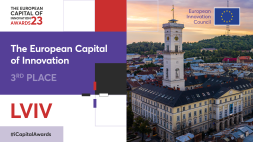
Lviv is a unique Ukrainian city in Eastern Europe that is dynamically developing and emphasizes the introduction of innovations in various areas of life, including medicine, technology, education, energy, and the environment. Its proactive communities, leadership in implementing reforms, speed of innovation, and support for startup culture improve the quality of life for every resident and ensure economic stability and democracy.
The European Rising Innovative City
Winner: Linköping (Sweden)

Linköping is at an exciting stage of history, where so many positive factors have converged to foster the opportunity for unprecedented growth and with it, an unwavering faith in the future. Linköping is Sweden’s fifth largest city and is growing rapidly. With its prime location in the south east, 80 % of Sweden's Limited companies can be reached effectively within a manageable 300 km radius. Knowledge, entrepreneurial spirit and ground-breaking innovation have been the hallmarks of Linköping's history since the 12th century. Back in the 1960s, the foundation was laid for what is today Linköping University. Their vision – With the courage to think freely and innovate – indicates that they take on the challenges of today. Innovation is Linköping University’s only tradition.
Find out more about Linköping’s winning application. Full document is available here.
2nd place: Padova (Italy)

The medieval Padova was again a breeding ground for innovation after the foundation of its university in 1222. Galileo Galilei taught at Padova University and he was also the first scientist translating the research results into practice: he invented the telescope. Tradition and innovation always work together as in our botanical garden, the oldest botanical garden in the world, UNESCO World Heritage site. Its position in the middle of the Veneto region, its proximity to Venice and to the UNESCO World Heritage site of the Dolomites makes Padova a melting pot of people and cultures. With its 210.000 inhabitants, 70.000 students and an urban area serving 500.000 persons it represents the “Big Padova”.
3rd place: Cork (Ireland)

Cork is Ireland’s second city but the home of the ‘Rebels’, as Corkonians are known, is a place that does not settle for second-best, nor necessarily for the status quo, but instead seeks to disruptively explore what’s possible. The Irish government’s Project Ireland 2040 has mandated Cork with the most ambitious population targets of any urban centre over the coming generation, to develop as a strong counterbalance to Dublin and an international city of scale. Managing his projected 50% increase in residents will not be straightforward and presents numerous challenges for Cork City Council and other organisations, locally and beyond, to navigate – notably in using best practice compact urban growth approaches to sustainably transform the vast Cork Docklands brownfield site, one of the largest regeneration projects in Europe.
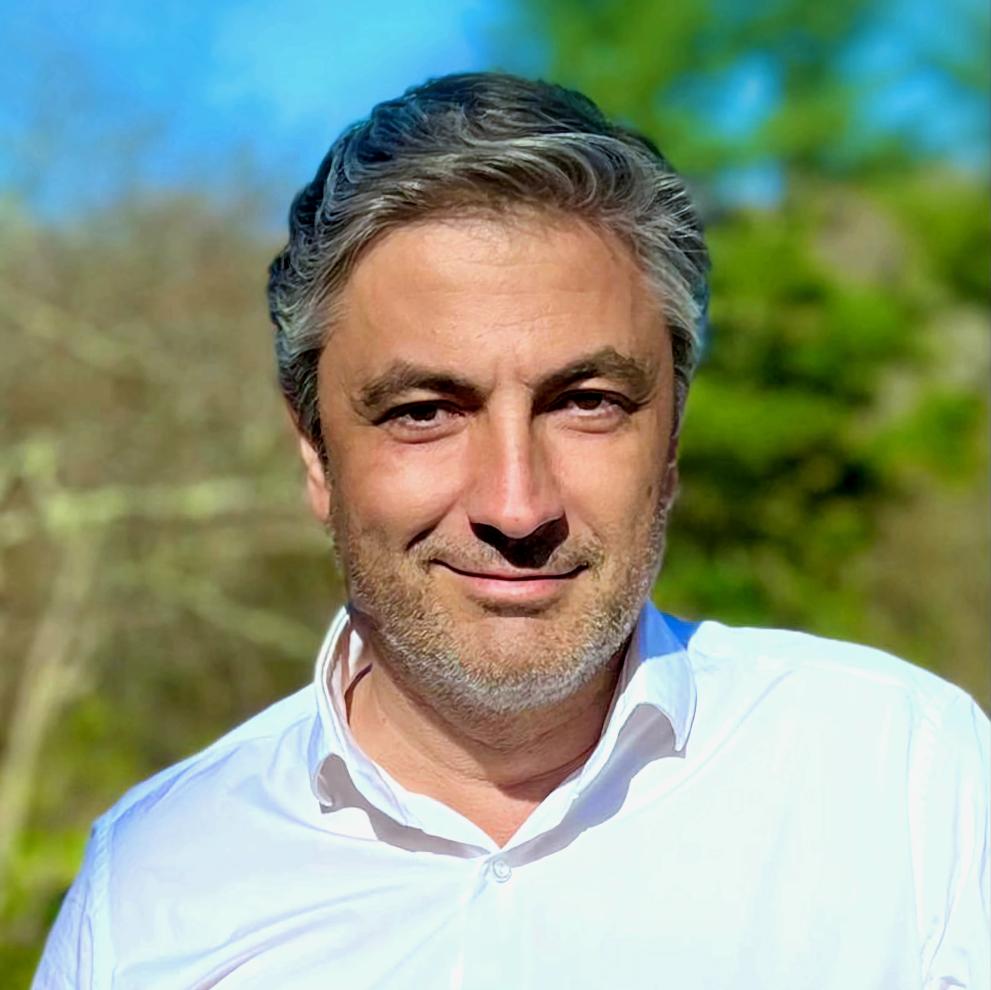 Gianluca Galletto
Gianluca Galletto[The European Capital of Innovation]
Gianluca is an expert in urban innovation and finance and a former advisor to New York City’s mayor on innovation and foreign investments. With over three decades of managerial experience in both public and private sectors, he leads DG Advisors, supporting governments and businesses on PPPs for smart/ sustainable cities, innovation ecosystems, and international business development. Notable clients include the City of New York, the EU Commission, Lendlease, Amundi, the World Bank and several other cities and startups. His recent book, "Viva New York" (Paesi, 2023), provides valuable lessons on innovation ecosystem building based on NYC transformation, earning praise from former mayor Bill de Blasio, urbanist Stefano Boeri, and venture capitalist Alan Patricof. In government, he served as Head of Commerce for the City of New York, focusing on innovative industries, and drove innovation at the New York City Housing Authority. Before public service, Gianluca spent thirteen years in managerial roles at Muzinich & Co, a global investment firm with $36B in assets. He's multilingual, with master’s degrees in Economics, Business and Law from Yale and Bocconi Universities.
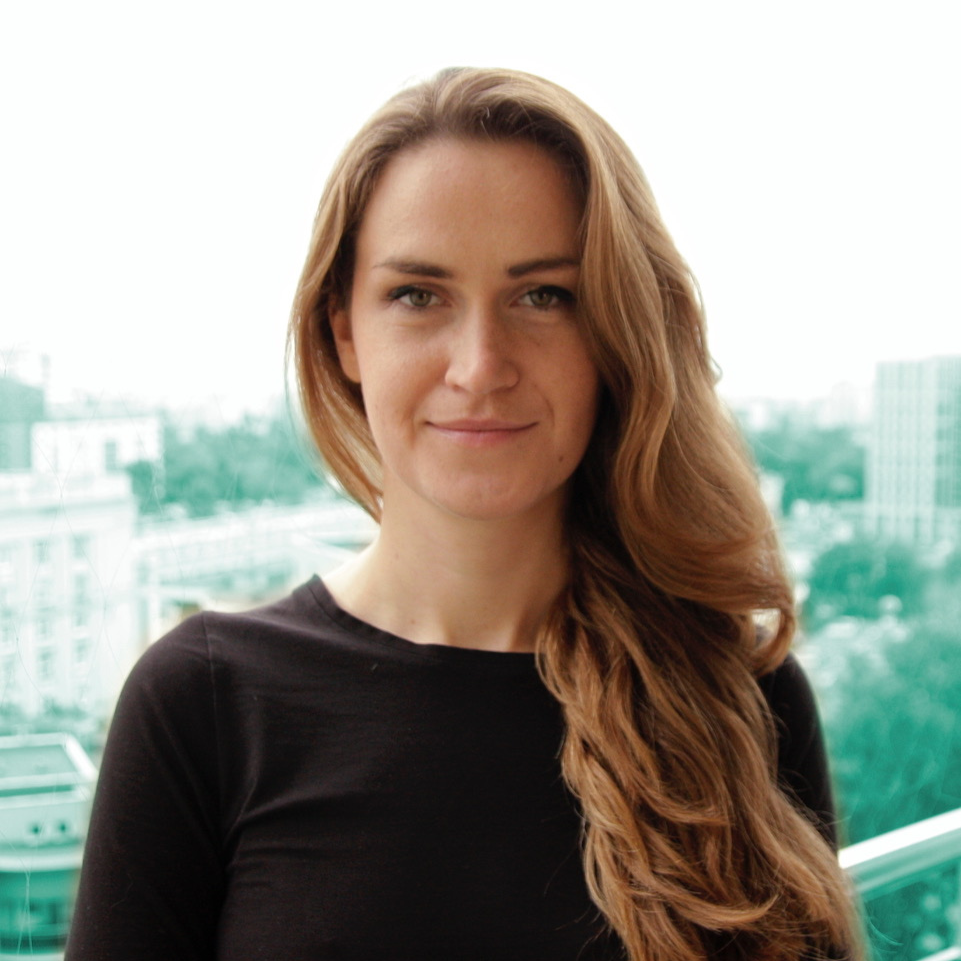 Justyna Linke
Justyna Linke[The European Capital of Innovation]
She is the CEO and lead designer in Urban Workshop since 2014. They have worked with cities across Poland, as well as cities from Georgia and North Macedonia. She has been gaining this experience in particular in her cooperation with UNDP Istanbul Regional Hub as the lead of two projects: City Experiment Fund (covering the Eurasia region) and Urban Imaginaries(cities from the Eastern Partnership countries). She was part of committees reviewing applications from cities across Europe and Central Asia (in particular, but not limited to the Eastern Partnership) to become part of innovation programmes under Mayors for Economic Growth (joint initiative by the European Commission and UNDP). She is currently developing this area of expertise as Urban Workshop in cooperation with a business partner - Simpliciti sp. z o. o. (Dec 2022 - Aug 2023). The role of herself and her team is to conduct research focusing on the scope, indicators and evaluation tools for assessing individual innovation capabilities of local administration staff.
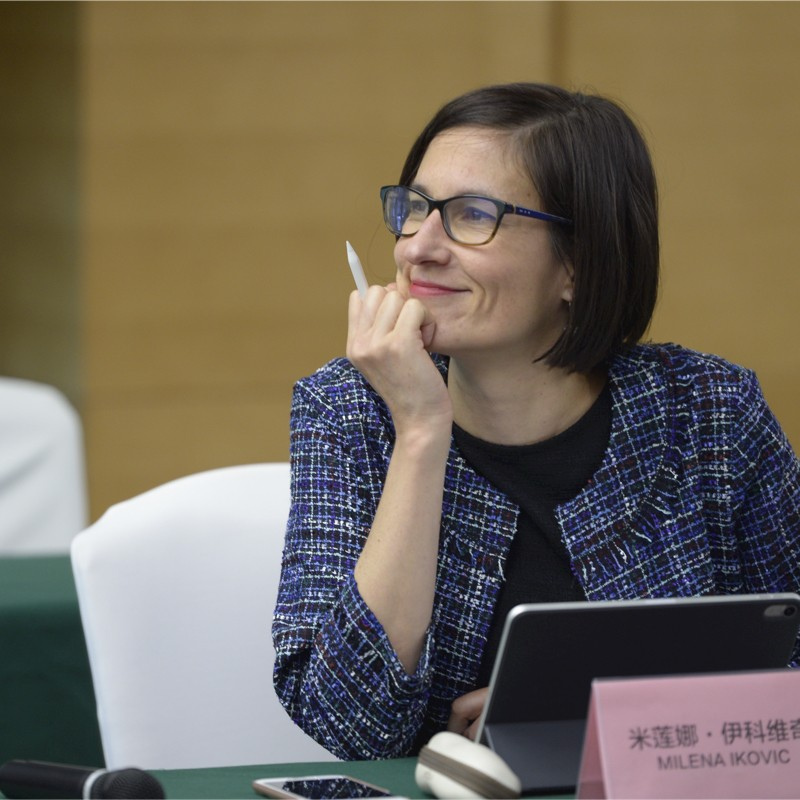 Milena Ivkovic
Milena Ivkovic[The European Capital of Innovation]
Milena Ivkovic is an architect, urban planner and civic participation innovator specialised in place-led participation through the lens of digital technologies.. Milena’s experience in the fields of urban planning includes working for Kuiper Compagnons planning consultancy (based in the Netherlands), Yellow Design Foundation (based in Belgium) and ISOCARP ( International Society of City and Regional Planners). Within ISOCARP, Milena managed the Urban Planning Advisory Teams (UPAT) programme for in-situ participatory charrettes and workshops on urban regeneration in China, Indonesia and South Africa, and led the dynamic content preparation of Placemaking Week China 2018 on behalf of ISOCARP. Within Yellow Design Foundation she managed several multi-stakeholder, participatory field researches on the quality of public space in collaboration with UN HABITAT and UITP, in China, India, and Sri Lanka.
- Delphine Lapray
[The European Capital of Innovation]
She is the Director for Innovation, Smart City, Higher Education & Research in Métropole Aix Marseille Provence - winner of the iCapital Award 2022 in the category of the European Capital of Innovation. She is responsible for working out and implementing the innovation roadmap within the Metropolitan Economic Development Agenda which includes mapping, organising, and facilitating relations among the innovation ecosystem stakeholders. Delphine is the Project Director for designing and operating the Aix Marseille Innovation Platform, implementing the Smart city experimentation programme, launching innovation challenges, and organising the "Meetup Innov Provence" events dedicated to open innovation. She has vast experience in project management, designing public policies in economic development and innovation.
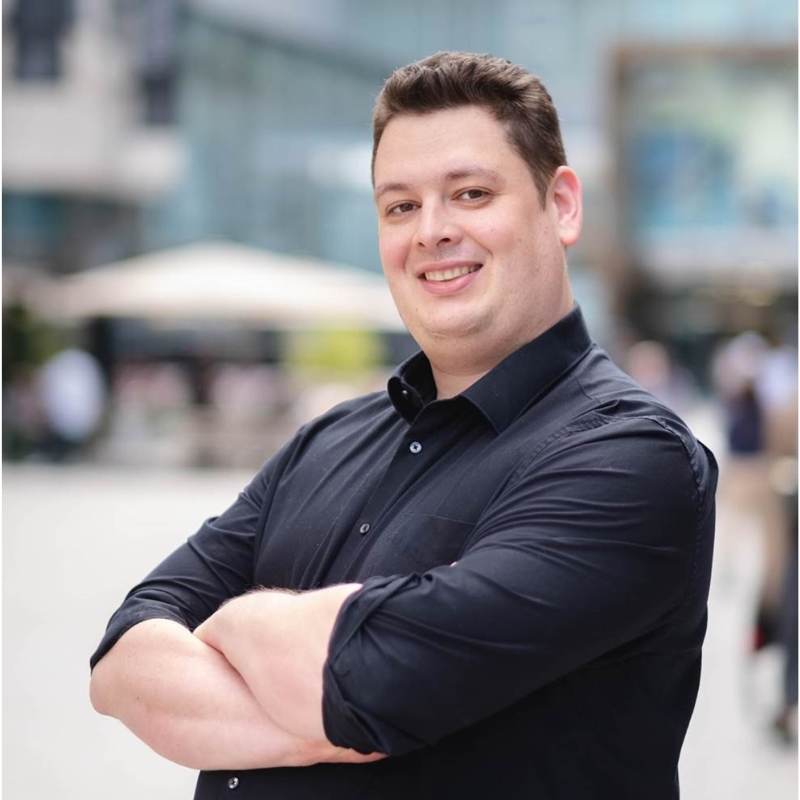 Alexander Schmidt
Alexander Schmidt[The European Capital of Innovation]
He is the founder and CEO of BABLE. He holds two bachelor's degrees in environmental engineering and technically oriented business administration from the University of Stuttgart and a master's degree in transport engineering from Imperial College London. During his 7 years at the Fraunhofer Institute for Industrial Engineering, he started working on business models for the charging infrastructure of electric vehicles and smart grids. He led several nationally and internationally publicly and privately funded research projects in the fields of smart mobility and data use in cities. From late 2014 to early 2016, he worked as a project manager in the Ambient Mobility Lab, the joint research lab of the Fraunhofer-Gesellschaft and the Massachusetts Institute of Technology, which develops mobility services to the concept of Big Data Analytics. From January 2019 until December 2020, he was Interim Director of the EIT Urban Mobility and founded the Smart Society Academy, which is now fully part of the BABLE portfolio.
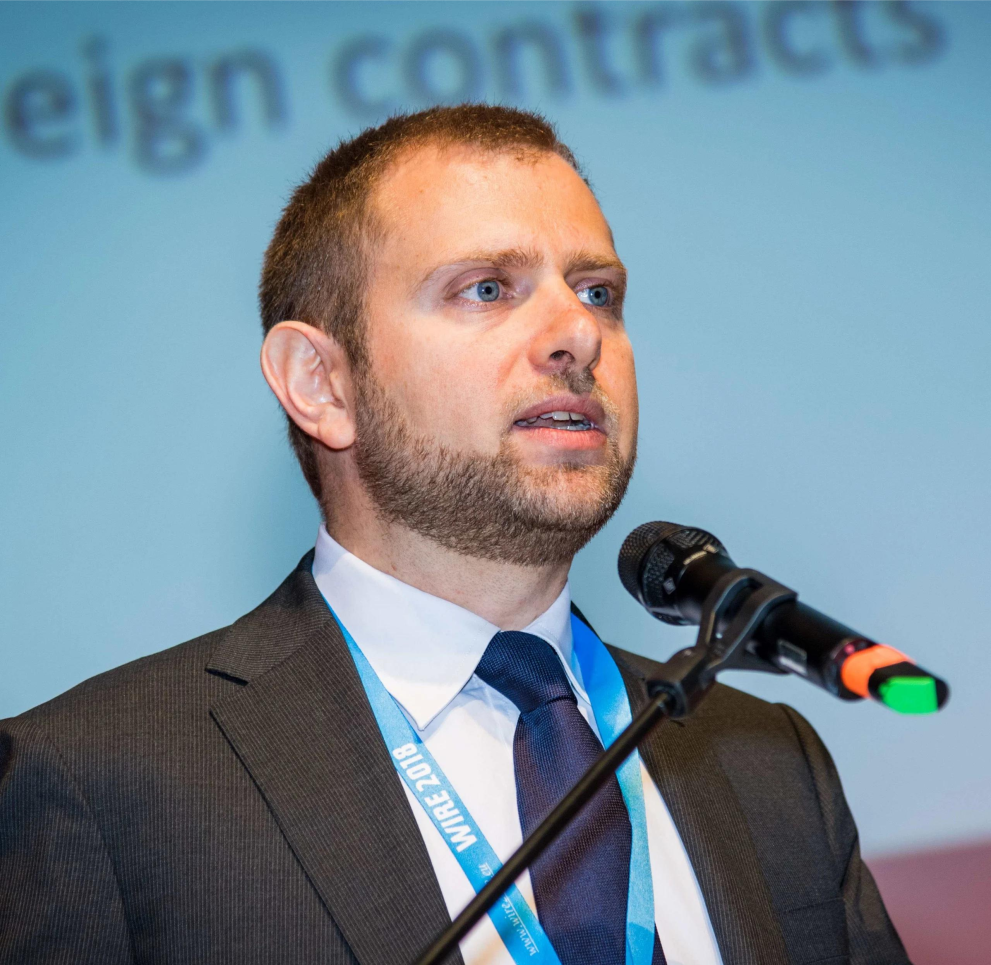 Riccardo Crescenzi
Riccardo Crescenzi[The European Rising Innovative City]
He is a Professor of Economic Geography at the London School of Economics and Political Science (LSE), UK. He has been a European Research Council (ERC) grant holder and he is currently the LSE Principal Investigator of a large collaborative research project funded by Horizon Europe and UK Research and Innovation (UKRI) on inequalities in the era of global megatrends. He has provided academic advice to numerous international organisations and governments. Riccardo has served as the Rapporteur of the High-Level Expert Group on Innovative Cities established by the European Commissioner for Research and Innovation and has been part of the National Commission for Infrastructure and Sustainable Mobility established by the Italian Government to plan investment in sustainable mobility until 2050. Riccardo is currently a Member of the High-Level Reflection Group on the ‘Future of Cohesion Policy’ established by the European Commission to offer advice and knowledge on maximising the impact of Cohesion Policy.
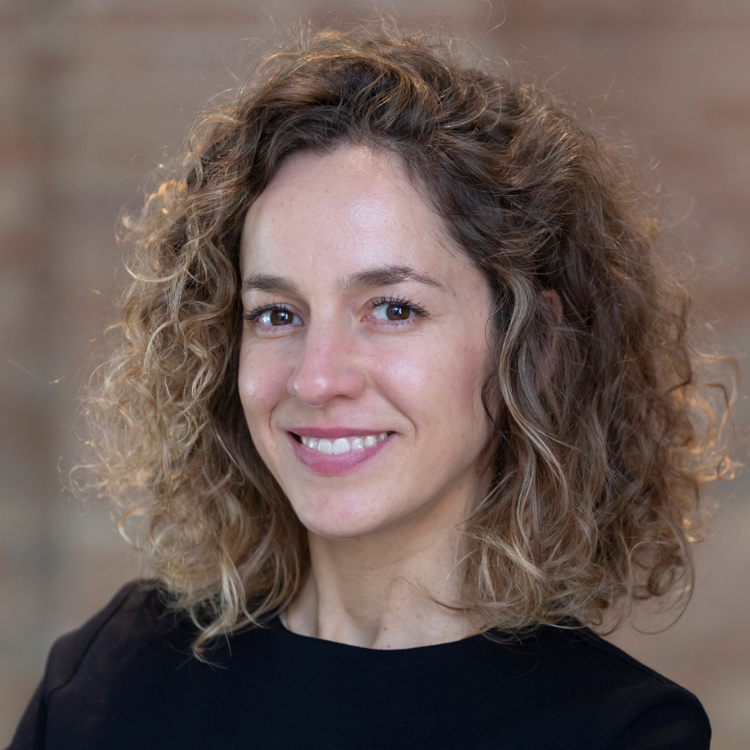 Isabella Longo
Isabella Longo[The European Rising Innovative City]
She is a project director with an engineering and urban planning background at BIT Habitat, Urban Innovation Centre, Barcelona City Council. She has experience of more than 15 years in innovation related fields: strategic urban planning, design of data-driven urban policies, economic development strategies, landscape, and heritage dynamisation, social and cultural innovation, content curation, and event coordination. She is passionate about city, society, sustainability, innovation, digital transformation, and world-changing ideas.
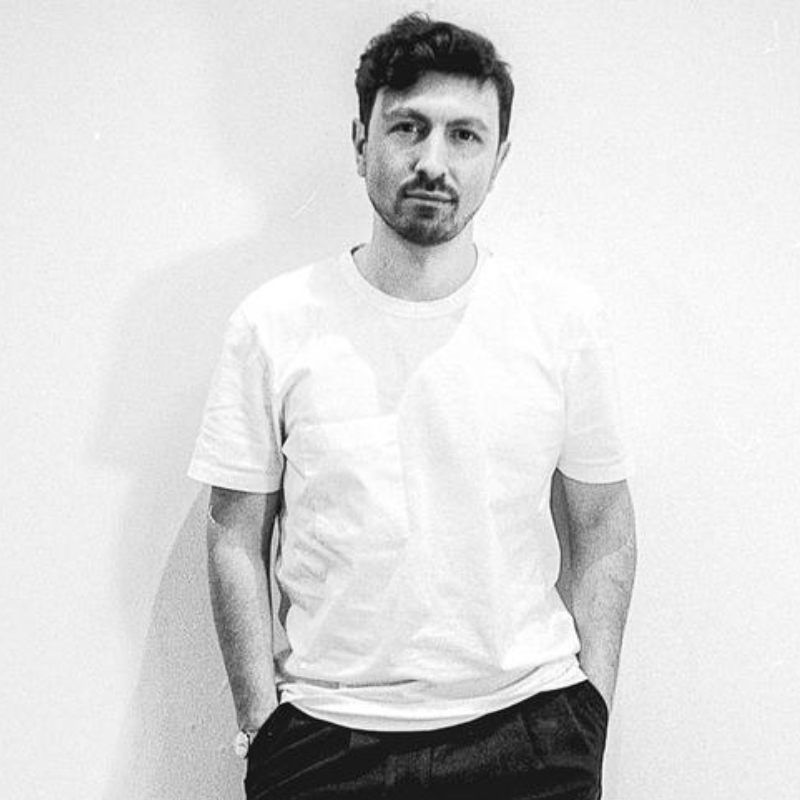 Damiano Cerrone
Damiano Cerrone[The European Rising Innovative City]
He is an urbanist, researcher, and educator. He cofounded SPIN Unit, an urban research and innovation practice; and UrbanistAI, a participatory design platform to reimagine the future of our cities. His practice focuses on urban research and policy design for the public sector. Cerrone is also affiliated with and teaches at several academic institution in Finland and abroad.
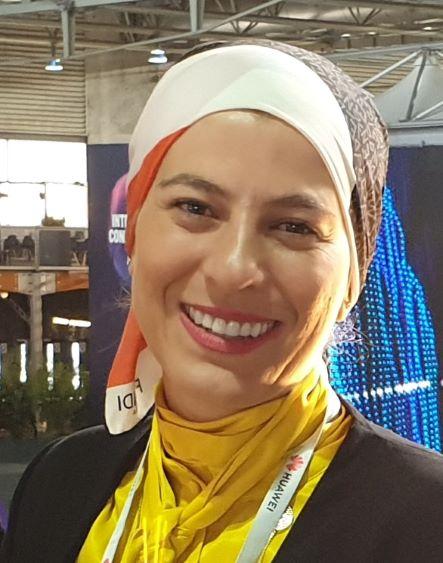 Zeina Nazer
Zeina Nazer[The European Rising Innovative City]
Co-Founder of Cities Forum, Researcher at University of Southampton and Vice Chair of ITS UK User Behavior Forum, Zeina has over 25 years of global experience in strategy, consulting and transport innovation at KPMG, Parsons, Jacobs and AECOM. Zeina is a leading advisor for governments and a major global player in Road Safety standards, Intelligent Mobility, Smart Cities, Connected Autonomous Vehicles, smart ticketing and Sustainable Transport. Zeina specializes in Entrepreneurship, Innovation, Growth Strategy and Policy in Middle East, Europe, S.E. Asia and USA. After 7 years working in the USA, Zeina moved to London in 2005 to support international projects including leading international consultancy work with Arcadis for M25 Integral Demand Management. Zeina also provided support to financial design of the New Zealand Toll project with Deloitte, supported Booz & Co in the Project Management Office (PMO) for Abu Dhabi DOT and supported Dubai in shaping the future of transport in public transport and autonomous vehicles.
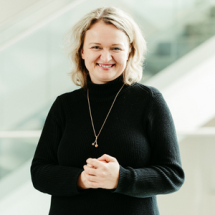 Adela Hradilova
Adela Hradilova[The European Rising Innovative City]
She is a member of the Board at the Moravian-Silesian Innovation Centre, Ostrava. She holds two master's degrees in South-east European Studies from the National and Kapodistrian University (Athens), and Political Science and European Studies from Palacký University (Olomouc). She has great experience in project management. During her 6 years at JIC – South-Moravian Innovation Centre she worked as an international funding specialist and managed projects like: DIGIMAT, BISONet, BISONetPLUS, BISONet PLUS2, BISONetENH, BISONet PLUS ENH, BISONet PLUS2 ENH, CoCOM project, ACE project. From 2017, she started working in the Moravian-Silesian Innovation Centre (Ostrava) as a coordinator of Regional Innovation Strategy activities in Moravian-Silesian region. From July 2019, in the position of Chief Strategy Officer, she was responsible for the management of Strategy Development team and the coordination of the Regional Innovation Strategy including Regional Innovation Council and working groups.